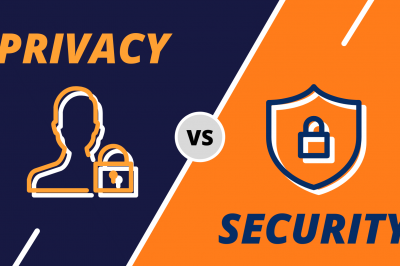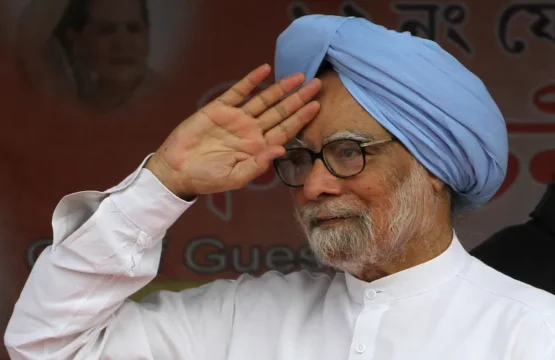In our increasingly interconnected world, the debate between privacy and national security has taken center stage, raising crucial questions about the delicate balance between individual rights and public safety. As technology advances, the very concept of privacy, a fundamental aspect of our existence, is being tested by the demands of national security. This article delves into the intricacies of this debate, exploring where the line should be drawn between privacy and national security and how it affects our daily lives.
The Interconnectedness of Privacy and National Security
The close relationship between national security and privacy is underscored by the fact that technological progress has granted governments unprecedented access to mass data collection and monitoring. While safeguarding society from threats is a top priority, the preservation of privacy remains a basic human right that cannot be compromised. The ongoing struggle to find a delicate balance between national security and individual freedom and privacy underscores the necessity of effective governance. The potential consequences of not finding this balance are significant and should not be underestimated.
Finding a Balance: Fact-Based Sacrifices
Even while trade-offs between privacy and national security may exist, any judgments made in this regard must be based on solid supervision procedures and accurate data. For the sake of national security, governments cannot ignore the authority granted to security services; instead, they must set up systems of checks and balances to ensure that this authority is not abused. There are strong reasons on all sides of the complex privacy vs. national security issue, which calls for a sophisticated approach to policymaking.
Also Read: Pakistan’s Islamic Identity: Challenges and Responsibilities
Impact of Changing Societal Norms
The rapid pace of technological advancements has had a profound and far-reaching impact on privacy rights, prompting a reevaluation of existing laws and standards. As society grapples with the aftermath of digital communication and surveillance programs in the post-9/11 era, there is a growing recognition of the need to protect both national security and individual privacy. In our increasingly interconnected world, striking a delicate balance between security imperatives and privacy rights necessitates adapting to the evolving expectations and norms of society.
Conclusively, the debate surrounding privacy vs national security highlights the intricacy of contemporary administration, wherein the protection of individual liberties must be balanced with the guarantee of communal security. Maintaining a balance between these two demands calls for careful consideration when making decisions, strong supervision procedures, and a dedication to protecting basic human rights in a world where technology is always changing.

I am Bushra Tahir. Doing BS in International Relations from National University Of Modern Languages ( NUML).







